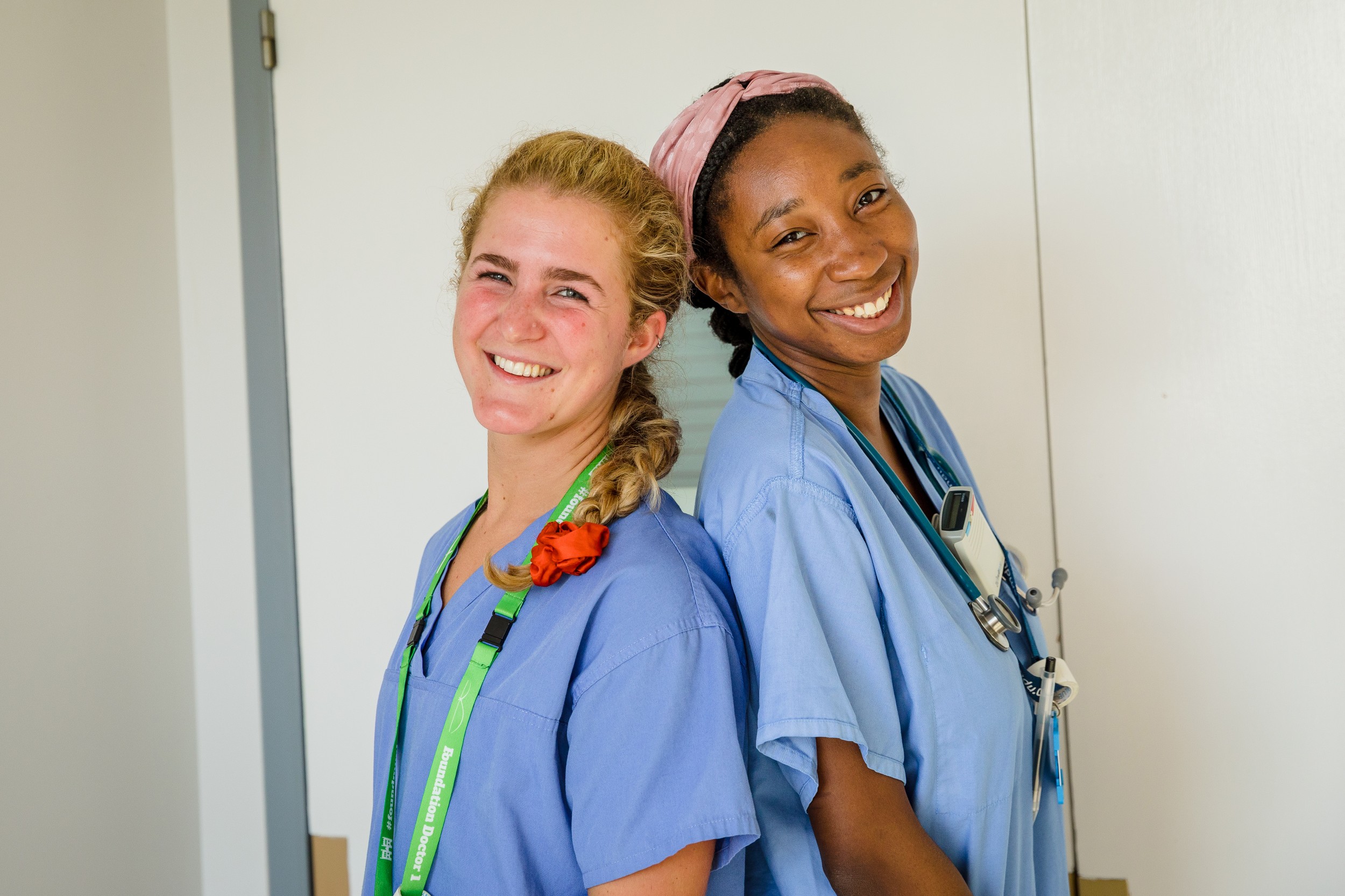
Acute oncology service
We have three chemotherapy units located at Bishop Auckland Hospital, Shotley Bridge Community Hospital and the University Hospital of North Durham.
Chemotherapy is the treatment of cancer using drugs to destroy cancerous cells. There are many different types of chemotherapy drug that may be given individually or in combination. They work by damaging any cancer cells so they can't grow and multiply. Eventually, the cells will die and the cancer will shrink or go away completely. Unfortunately, chemotherapy may also damage normal cells, which may cause side effects. These are usually temporary because healthy cells are able to grow back to normal quite quickly. Your chemotherapy team can offer help to reduce most side effects, so please talk to them if you feel different from usual.
Chemotherapy may be given as a standalone treatment (on its own) or used with other treatments including surgery and radiotherapy. The treatment intent may be to cure the cancer by destroying all the cancer cells or reduce the possibility of it coming back by destroying any cancer cells that may be present within the body but are too small to detect. It can also be used to control cancer where a cure is unlikely, by preventing the cancer from growing quickly and to control the symptoms of cancer if a tumour is causing any symptoms.
There are different ways to deliver chemotherapy including intravenously (directly into the bloodstream via an injection or drip), intramuscularly (deep into muscle), subcutaneously (under the skin), intrathecally (into the spinal space) and orally.
Usually, you will come into one of our units as a day patient, which means you can go home afterwards. Your treatment will be administered by one of our experienced chemotherapy nurses, who work as part of a team with consultants, doctors and other staff.
The atmosphere on all of our chemotherapy units is very relaxed and friendly. Drinks and snacks are offered to all patients and you are encouraged to bring a book or something else to do with you, as you may be in the unit for several hours.
Our staff will be happy to listen to any worries you might have and answer any questions. They can also provide advice and support to help you stay as well as possible during your treatment.